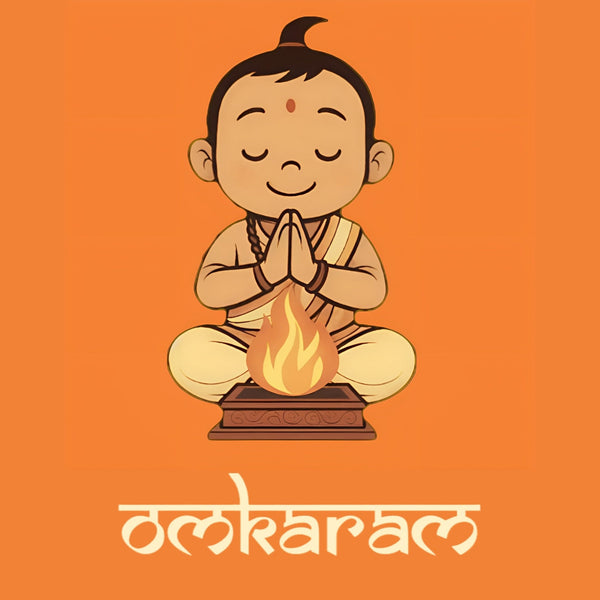Maha Shivratri Festival
Disclaimer:
The information presented in this app has been sourced and consolidated from publicly available data on the internet. While we strive to provide accurate and up-to-date content, we do not guarantee the completeness or reliability of the information. The app and its developers do not take any responsibility for errors, omissions, or any consequences arising from the use of this information.
The information presented in this app has been sourced and consolidated from publicly available data on the internet. While we strive to provide accurate and up-to-date content, we do not guarantee the completeness or reliability of the information. The app and its developers do not take any responsibility for errors, omissions, or any consequences arising from the use of this information.

